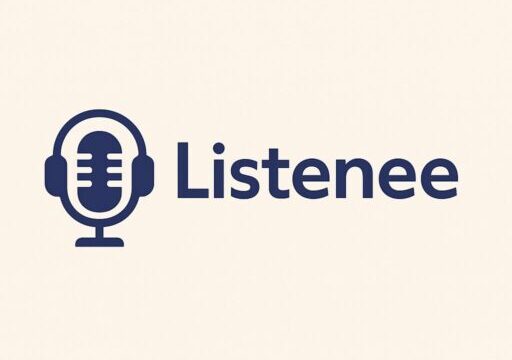🎧 Audio
📖 Script
Interest rates are an important part of the economy, and they can have a big impact on your finances. Recently, the Bank decided to cut its base interest rate. This change can affect both mortgage rates and savings rates, influencing how much you pay for loans and earn from savings.
When the base rate is cut, it usually means that borrowing money becomes cheaper. This is because banks and lenders often reduce their mortgage interest rates in response to the base rate change. So, if you have a mortgage, you might see your monthly payments go down. This can be great news for homeowners, as it means more money left over at the end of the month.
On the other hand, a lower base rate can also mean that savings accounts offer less interest. This is because banks earn less from loans and have less incentive to pay high interest on savings. So, if you have money in a savings account, you might notice that your interest earnings are reduced. This can be disappointing for savers who rely on interest for extra income.
The decision to cut the base rate is usually made to stimulate the economy. When borrowing is cheaper, people and businesses are more likely to spend and invest, which can help boost economic activity. However, it is a balancing act, because while spending increases, saving decreases.
Understanding these changes can help you make better financial decisions. For instance, if you’re thinking about buying a house, now might be a good time to take out a mortgage. Conversely, if you’re relying on savings for income, you might need to explore other investment options to get better returns.
📝 Vocabulary
- mortgage: a loan used to buy a house
例文: “Many people take out a mortgage to buy their first home.”
Collocations/日本語の意味を見る
- mortgage loan
- mortgage rate
- mortgage payment
住宅ローン - interest rate: the percentage charged on a loan or paid on savings
例文: “The interest rate on my savings account is very low.”
Collocations/日本語の意味を見る
- high interest rate
- low interest rate
- interest rate cut
金利 - savings: money set aside for future use
例文: “He used his savings to pay for his education.”
Collocations/日本語の意味を見る
- savings account
- savings plan
- personal savings
貯金 - economy: the system of trade and industry in a country
例文: “The economy has been growing steadily for the past year.”
Collocations/日本語の意味を見る
- global economy
- strong economy
- economy growth
経済 - stimulate: to encourage activity or growth
例文: “The government lowered taxes to stimulate the economy.”
Collocations/日本語の意味を見る
- stimulate growth
- stimulate demand
- stimulate interest
活性化する
✏️ Grammar Point
Conditional Sentences – “If you’re thinking about buying a house, now might be a good time to take out a mortgage.”
文法の日本語補足を見る
💡 使用場面
条件が満たされる場合の結果を述べる際に使います。例えば、ビジネスシーンで条件付きの計画を立てる時に便利です。
📝 使用例文
“例: In a business meeting, you might say: ‘If we cut costs now, we can increase our profit margin next quarter.’”
❓ Listening Questions
- True/False: The interest rate cut makes borrowing money more expensive.
- MCQ: What might happen to your mortgage payments if the base rate is cut?
a) They will increase
b) They will stay the same
c) They will decrease
d) They will double - MCQ: Why does the Bank cut the base interest rate?
a) To increase inflation
b) To stimulate the economy
c) To decrease spending
d) To encourage savings
🔑 Listening Answersを見る
- False
- c) They will decrease
- b) To stimulate the economy
📚 Reading Questions
- What happens to mortgage rates when the base rate is cut?
- Why might savers be disappointed by a lower base rate?
- What does the word “stimulate” mean in the context of the economy?
🔑 Reading Answersを見る
- Mortgage rates often decrease.
- Because they earn less interest on their savings.
- To encourage activity or growth
🇯🇵 日本語での経済ニュース解説
最近、銀行が基準金利を引き下げたことが話題となっています。この変化は住宅ローンや貯蓄の金利に影響を及ぼします。金利が下がると借り入れがしやすくなり、消費や投資が活発化します。これは経済を刺激するための政策ですが、貯蓄の利率が低下するため、貯金者にとっては収入が減る可能性があります。今後、日本でも同様の金利調整が行われる可能性があるため、個人や企業は金融動向に注視する必要があります。
Source: https://www.bbc.com/news/articles/cp9421x3egmo?at_medium=RSS&at_campaign=rss



